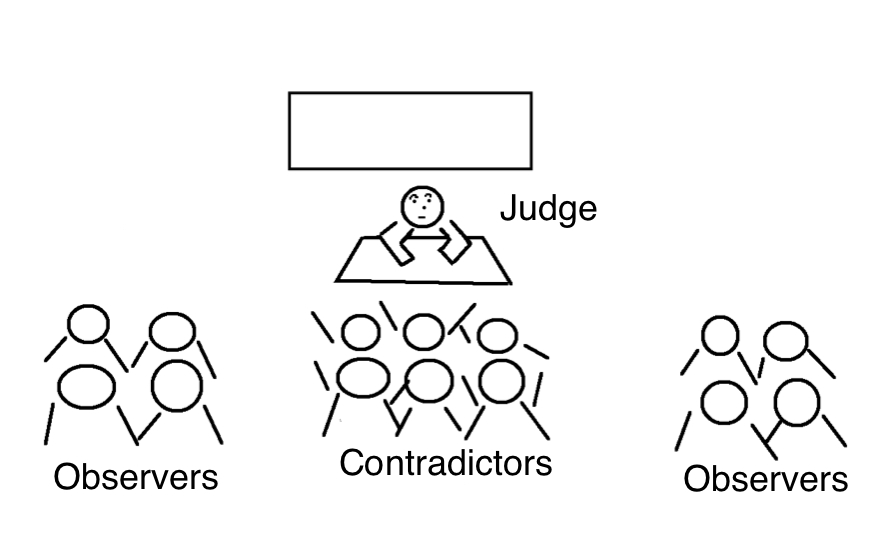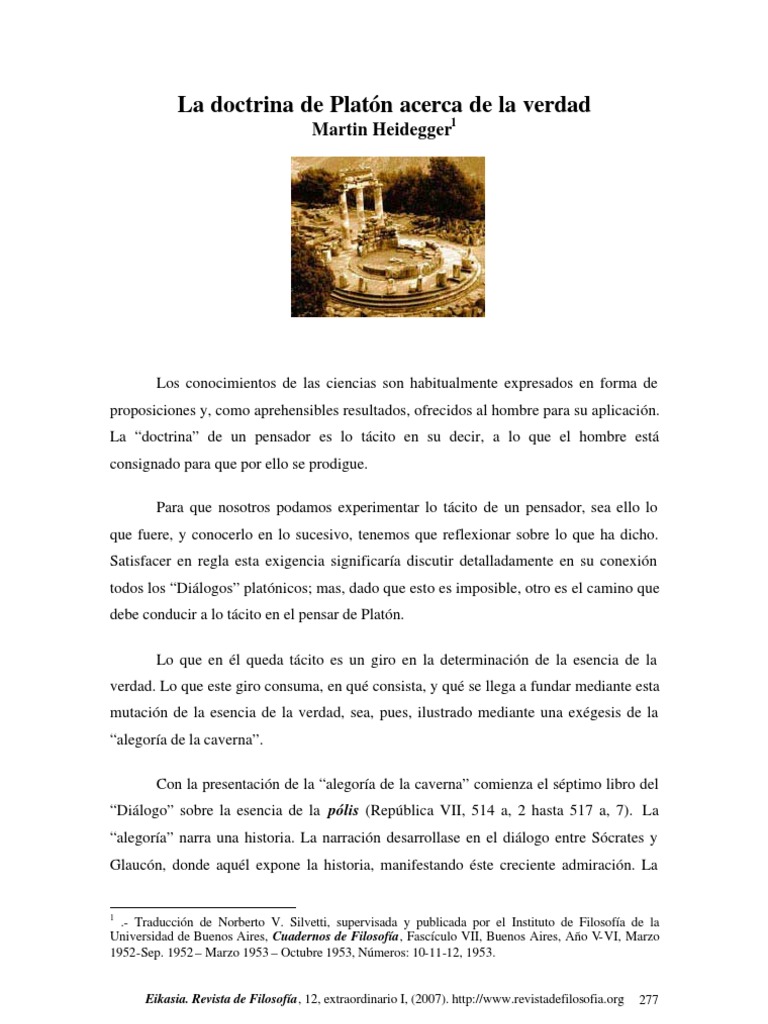Rorty Postmodern Bourgeois Liberalism Pdf Writer

Bourgeois liberalization (simplified Chinese: ; traditional Chinese: 資產階級自由主義; pinyin: zīchăn jiējí zìyóu zhŭyì) refers to either parliamentary democracy or Westernpopular culture. The late 1980s saw the first major usage of the term when a number of campaigns against bourgeois liberalism were initiated lasting till the early 1990s. The term is in active use in Chinese politics, with the Communist Party's Constitution[1] stating party objectives include 'combat[ing] bourgeois liberalization' in line with the four cardinal principles.
Philosophically, Rorty called himself a pragmatist, politically he was liberal-left (with a certain glee he called himself a “postmodern bourgeois liberal”). For me, however, what defined him was a talk he gave in Bratislava in 1996 at a conference about the role of intellectuals in society. In my K & K editorial in 1998 I wrote about this. Putting Ourselves Up for Question. Postmodernist bourgeois liberalism. In Rorty, Pragmatism. Postmodern Bourgeois Liberalism Pdf Free. Postmodernism: a reader. Paolo Portoghesi -Postmodernist bourgeois liberalism / Richard Rorty -Politics and the limits of. Richard Rorty, “Postmodernist Bourgeois Liberalism.
See also[edit]
References[edit]
- ^CPC Constitution, CPC English Website, http://english.cpc.people.com.cn/65732/6758063.html
Rorty Postmodern Bourgeois Liberalism Pdf Writers


- Bennington G. (1988). Lyotard. New York: Columbia University PressGoogle Scholar
- Rawls, J. (1971). A Theory of Justice. Cambridge, Massachusetts: The Belknap Press of Harvard University PressGoogle Scholar
- Rorty, R. (1989). Contingency, Irony, and Solidarity. Cambridge: Cambridge University PressGoogle Scholar
- Rorty, R. (1991a). Postmodernist Bourgeois Liberalism. In: Objectivity, Relativism, and Truth. Cambridge: Cambridge University PressGoogle Scholar
- Rorty, R. (1991b). The Priority of Democracy to Philosophy. In: Objectivity, Relativism, and Truth. Cambridge: Cambridge University PressGoogle Scholar
- Rorty, R. (1997). Is “Post-modernism” Relevant to Politics? In: Truth, Politics and “Post-modernism.” Assen: Van GorcumGoogle Scholar